China's highest geothermal power station in terms of elevation, located in southwest China's Tibet Autonomous Region, has generated more than 500 million kWh of electricity since it was put into operation in 2018.
Yangyi geothermal power station in Damxung County, in the regional capital of Lhasa, is China's only geothermal power station under commercial operation.
The station uses new technologies to fully recharge and recycle the tailwater produced by its power generation. Every year, it can help cut 420,000 tonnes of carbon dioxide emissions, 6,200 tonnes of nitrogen oxide, 12,000 tonnes of sulfur dioxide, and save 116,000 tonnes of standard coal.
It has an average annual power generating duration of 8,700 hours, and its stable power supply has greatly safeguarded Tibet's peak adjustment of its electricity supply and the region's winter energy supply, said Sun Jiabin, chairman of the station.
Geothermal energy is heat energy stored in the Earth, which is clean and sustainable. Tibet has rich geothermal resources.
The region plans to build a national clean energy base in the future, with geothermal power playing an important role.
The Yangyi station has also been exploring the possibility of an expansion project. With an estimated investment of 480 million yuan (about 70 million U.S. dollars), the station's phase II project is expected to provide more application scenarios in the fields of heating, vegetable greenhouses, and medical and healthcare.









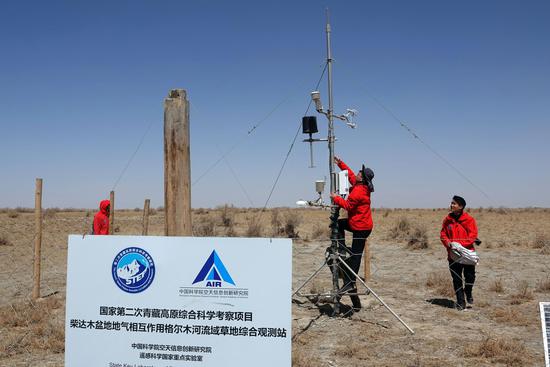
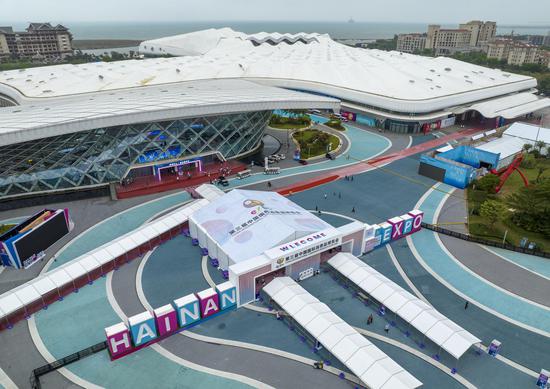

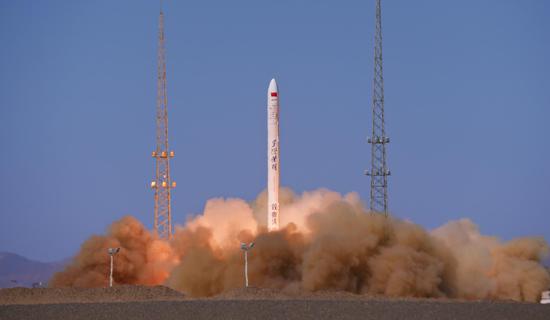



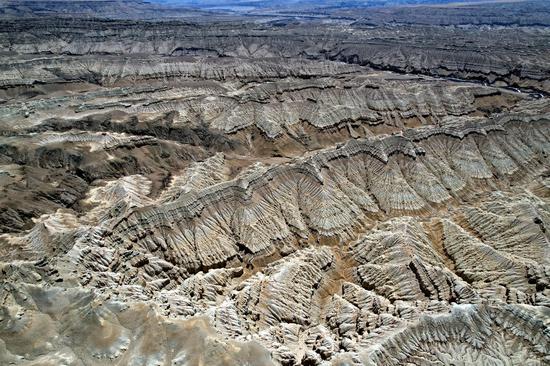
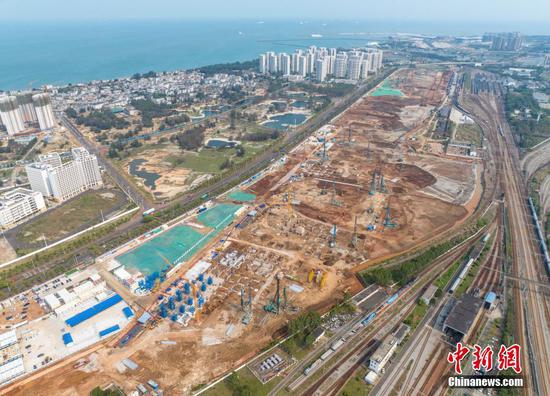

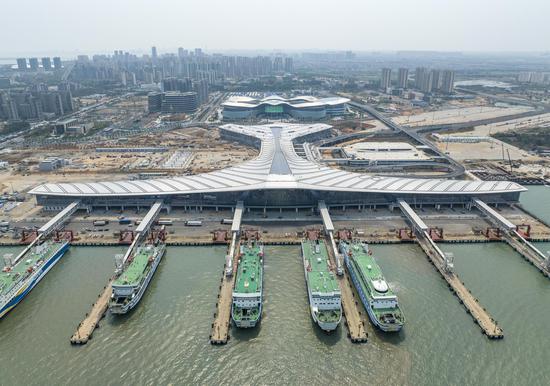





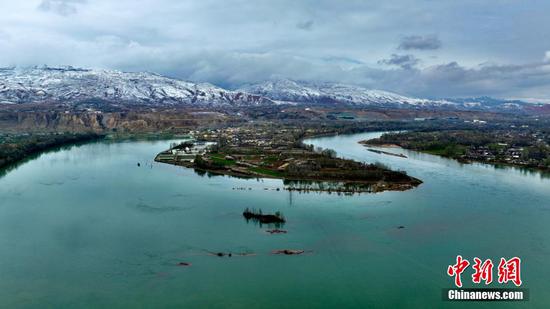




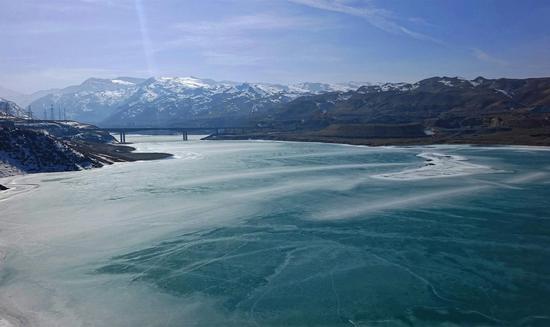
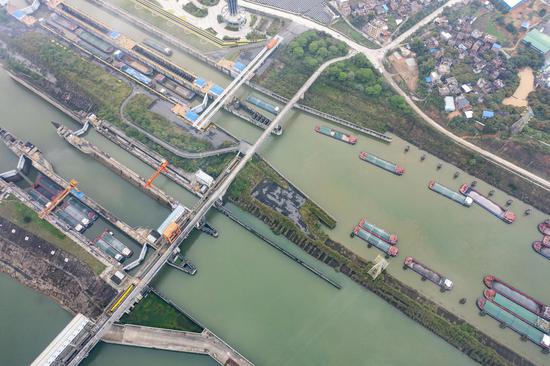
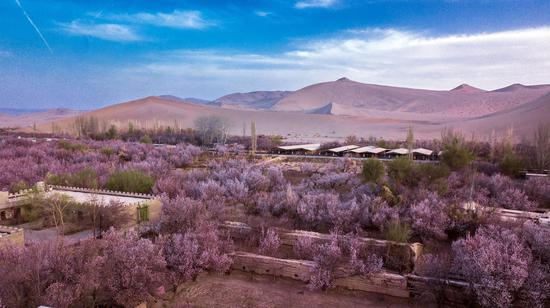

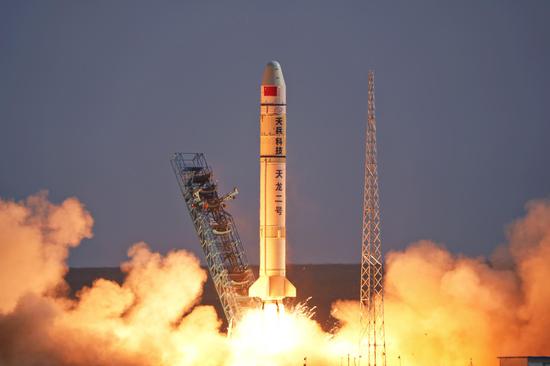




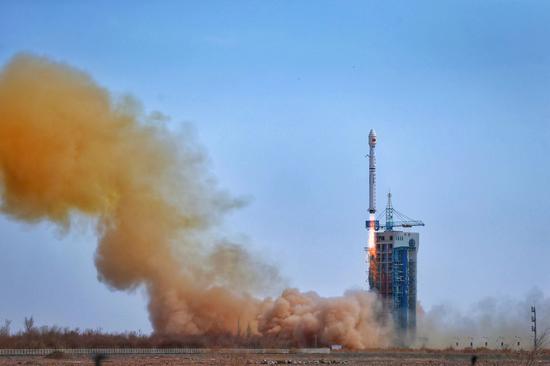




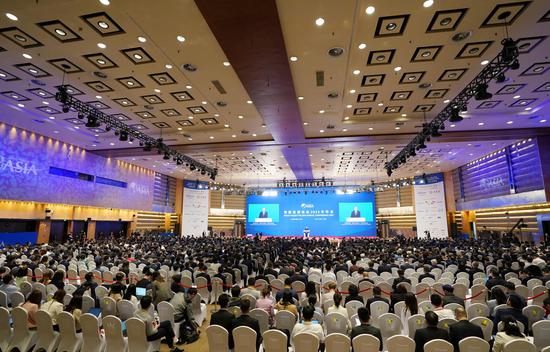





 京公网安备 11010202009201号
京公网安备 11010202009201号